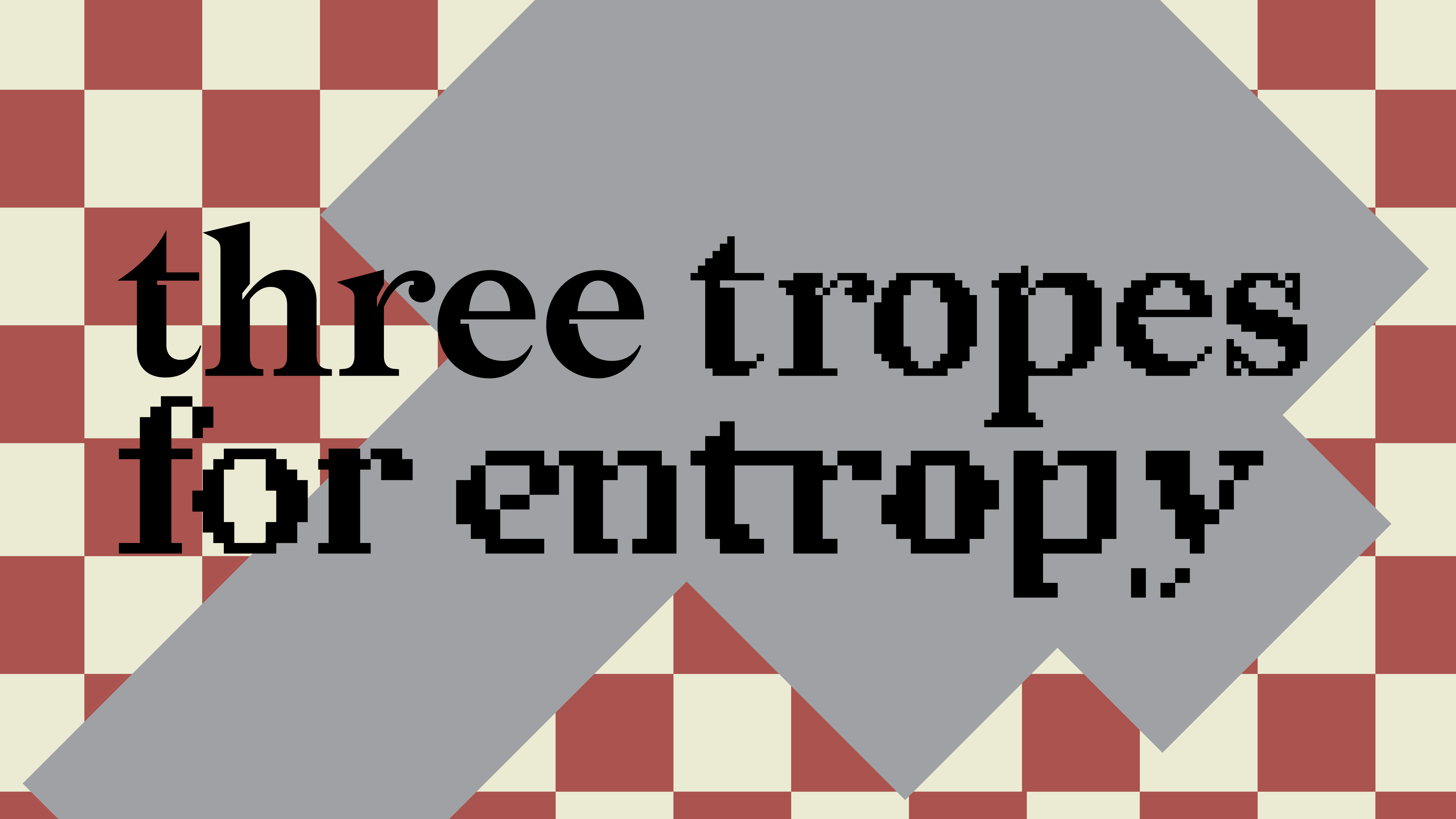


a series of online talks
Conflict Zones
a series of online talks
Conflict Zones is a series of online conversations around conflicts of different kinds, with various degrees of visibility and scope. Conflict Zones takes place every fortnight on Tuesday at 7 p.m.
Click on this link to follow the conversation on Zoom. No registration required.
In the series, we exchange thoughts and personal stories with artists and cultural workers who are facing a precarious situation as a result of different kinds of conflict: military and political but also legal, ethical, or other; at a workplace, at home, or in exile. The series gives platform and visibility to the practices that might be underexposed or even under attack at the given moment. During intimate talks, we are trying to unveil different layers of conflict and foreground how they disrupt artistic practices and daily lives alike. We want to listen. Truly listen.
We do not claim to be objective nor comprehensive. The making of the series is inspired by the improv acting methodology that lies at the core of Jester. We always start from a speaker we have a connection with, as an organisation and as people, and from a subject with a sense of urgency. From there, we see how the programme will unfold.
Due to the current war in Ukraine, the topic of conflict became even more imminent in the general programme ideas for Jester. Departing from conversations with Ukrainian curator Alexandra Tryanova, our intern, and some of the Ukrainian artists with whom we have worked in the past, formed the catalyst for this initiative. Based on that, we decided to address this urgency first within our series. This is followed by all kinds of ‘conflicts’ that are linked to the organisation; materials that conflict with each other, neighbours who have to get used to a new art building in their backyard, or a court case about ownership.
Conflict Zones 06 – moderated by Alexandra Tryanova & Orlando Maaike Gouwenberg
Oleksandr Sirous is a sound and media artist. Recently Oleksandr has turned more and more to the culture of video games and various game mechanics and new rules of interaction. With the aim of finding new approaches at the intersection of the already established approaches in media art and video games.
Sirous studied painting and graphics in Kharkiv. In 2018, he was the curator of the new media art course at @hudpromloft and the Kharkiv Academy of Visual Arts. In 2019, he taught the 3D programming course at the Kyiv Academy of Media Arts and curated/resided at @carbonartcentre in Kyiv and also a member at @photinusstudio . He was nominated this year for the @pinchukartcentre Prize.
(text by MORPHO residency program)
Conflict Zones 05 – moderated by Orlando Maaike Gouwenberg
Alexandra Tryanova is an Odesa-born, Antwerp-based independent curator. She works with topics of recreation, Eastern European conceptual art, gender, and institutional critique. In a frame of the 5th Odessa Biennial of Contemporary Art (2017), she has established a non-production site residency Kunsthalle Lustdorf that continues its work as an independent artistic and curatorial association for open practices and technologies in a suburb of Odessa. Between 2018 and 2019, she worked at the Museum of Odessa Modern Art as a curator, where she curated a list of exhibitions, among which (un)named by Nikita Kadan and In memoriam exhibition of Stas Volyazlovsky. As a junior curator of the PinchukArtCentre, Alexandra has co-curated the exhibition Ain’t nobody’s business (2019) and curated the exhibition of the 20 artists shortlisted for the PinchukArtCentre Prize (2020). Then In 2021, she continued her studies in Belgium at Curatorial studies at KASK (Ghent) and now collaborates with Jester (Genk) in the frame of the series Conflict Zones.
Conflict Zones 04 – moderated by Alexandra Tryanova
Ute Kilter is a performer, actress, TV maker, and art critic based in Odessa, Ukraine. In 1992, with her collaborator Viktor Malyarenko she started the TV program “Situation Ute, ” an essayistic contemporary art travel digest. “Situation Ute” was broadcasted on Odesa TV channel for 27 years, proposing an overview both of European art events in Germany, France, Denmark, Sweden, and in Ukraine to a local audience. Ute Kilter starred in many films by internationally known Ukrainian film director Kira Muratova, including Chekhov’s Motifs, The Tuner and Eternal Return.
Conflict Zones 03 -moderated by Alexandra Tryanova
Conflict Zones 02 – moderated by Alexandra Tryanova
Our second guest was Nadia Parfan, a Ukrainian film director, producer and curator. Her student film “Reve ta Stohne on Tour” received a special mention at DocudaysUA and her last film, “Heat Singers”, was premiered at Visions du Reel cinema festival and was selected to several other international film festivals. Nadia is the co-founder of the Festival of Film and Urbanism 86, which took place in Slavutych from 2014 to 2018.
She is also the author of the idea and creative producer of the documentary project MyStreetFilmsUkraine, in which Ukrainian directors have created and released 49 short films. In 2018, Nadia together with producer Ilya Gladstein has founded the production company Phalanstery Films. In January 2020 Nadia launched a streaming platform Takflix.com which provides legal access to Ukrainian films.
Conflict Zones 01 – moderated by Alexandra Tryanova
Our first guest was culturologist Olha Honchar (UA), a project and communications, anti-crisis manager. She is the director of the Memorial Museum of Totalitarian Regimes ‘Territory of Terror’ in Lviv en researches the features of PR, cultural and museum management in Ukraine. Besides, she is responsible for the communication of the projects ‘Cultural diplomacy between the regions of Ukraine’ in the frontline and liberated cities of Donetsk and Luhansk regions: ‘The museum is open for renovation’, the expedition ‘HERE AND THERE’ and others.
At the Luhansk Regional Museum in Starobilsk, Honchar is Co-curator of the experimental exposition of the Anti-Terrorist Operation. She is the initiator of the ‘Museum Crisis Center’ and the ‘Ambulance Museum project’, which emerged the first days of the Russian war against Ukraine.
How to support the Museum Crisis Center?
For payments in euro:
BENEFICIARY: ngo insha osvita
Id. Code: 40289892
IBAN: UA933355480000026008053635051
Legal address: Lva Zhemchuzhnikova st. 5, appt. 6, 79053, Lviv, Ukraine
BANK OF BENEFICIARY: PRIVATBANK, 1D HRUSHEVSKOHO STR., KYIV, 01001, UKRAINE
SWIFT: PBANUA2X
CORRESPONDENT BANK: J.P.MORGAN AG, FRANKFURT AM MAIN, GERMANY
Details of payment: charity donation for “Museum Crisis Center”
The Museum Crisis Center is a grassroots initiative of Olha Honchar, a culturologist and director of the Lviv Territory of Terror Museum, which is implemented in partnership with Insha Osvita and the New Museum NGO. The Museum Crisis Center has already been supported by the European Commission (within the Strength Here project), the Kyiv Biennale (as part of its own urgent initiative to support the art community), the PinchukArtCentre, the German MitOst e.V., and a number of private patrons.
The Museum Crisis Center aims to provide financial, organizational and human support to small regional museums and their teams in times of crisis. While the state saves the funds of large national museums in the first place, local museum institutions, which are a vascular network of culture, are often overlooked. The Museum Crisis Center sees value in every local museum institution and in the people who preserve that knowledge and collection.
The Museum Crisis Center is an initiative that will be relevant in the postwar period as well. Not only to restore the network of local museums, return collections, restore exhibits and inventory, but also as a tool of mutual assistance in various crisis situations. The Museum Crisis Center is an association that will launch a number of projects, the first of which is Ambulance museum initiative.
For partnerships and support, or other forms of payment, write to olha.honchar@gmail.com, be_strong@insha-osvita.org




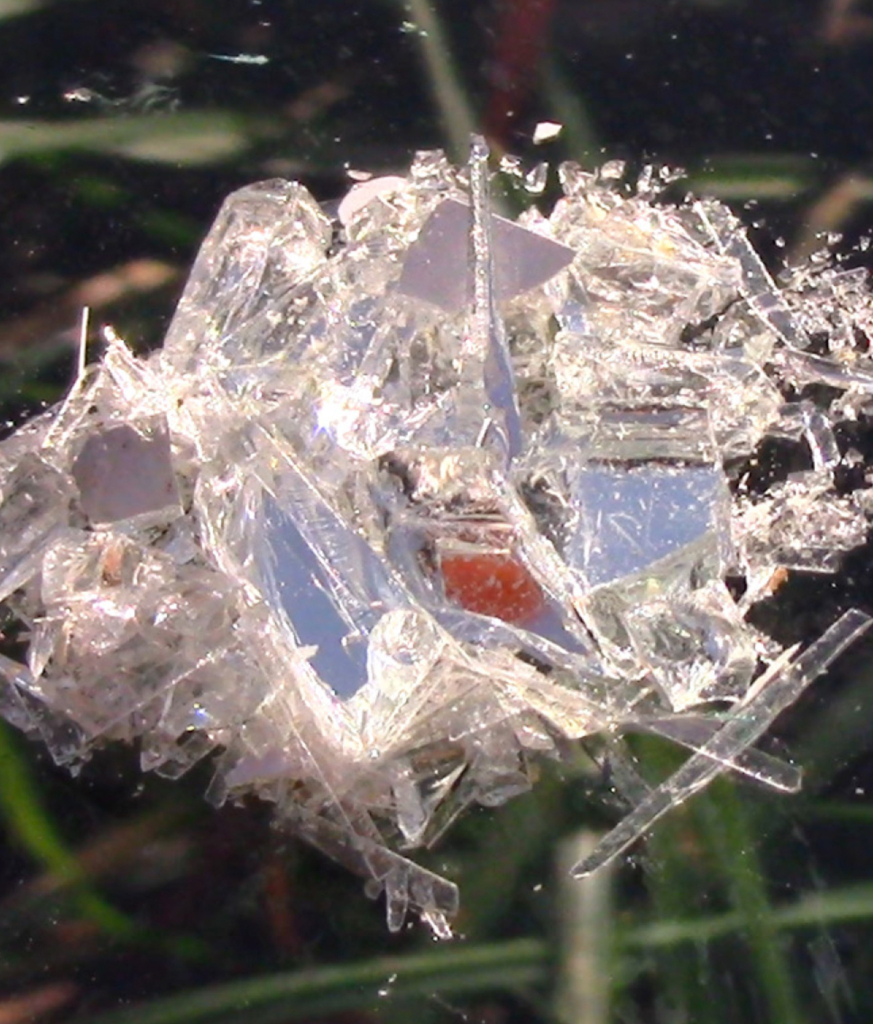
Film Programme
05.02–01.05.2022
Three Tropes for Entropy
Film Programme
05.02–01.05.2022
Laila Melchior and Koi Persyn — laureates of the second edition of the Lichen Curatorial Prize — present a transformative exhibition connecting the artistic practices and methodologies of mountaincutters (FR), Angyvir Padilla (VZ) and Daniel Steegmann Mangrané (ES) to the unique site of the former Winterslag coal mine. Having hosted an industrial complex of coal exploitation for approximately a century, this former mine site embodies the capacity to generate and process energy not only through its history but also in its recent transformation into a creative hub.
Three films presented during the opening weekend of Three Tropes for Entropy can now be watched below. The screening was part of risquer sa mutation : programme d’une pensée sans domaine, the exhibition’s first trope.
-
- Daniel Steegmann Mangrané, Phasmides, 2012; 22’41”, 16 mm transferred to HD, colour, mute, courtesy of Mendes Wood DM, São Paulo and Esther Schipper, Berlin
- Angyvir Padilla, 21 años de mala suerte (21 years of bad luck), 2014; 04’04“, colour, sound, courtesy of the artist
- mountaincutters, Supplique pour le beau temps, 16 mm transferred to HD, colour, mute, 2’08”, 2021, production by fondation d’entreprise Hermès
Lichen is a prize for emerging curators, established by CIAP platform for contemporary art and the department of Curatorial Studies at KASK School of Arts to foster and support curatorial experimentation in Belgium. With the support of the Flemish Community, the City of Genk, and the CIAP members.

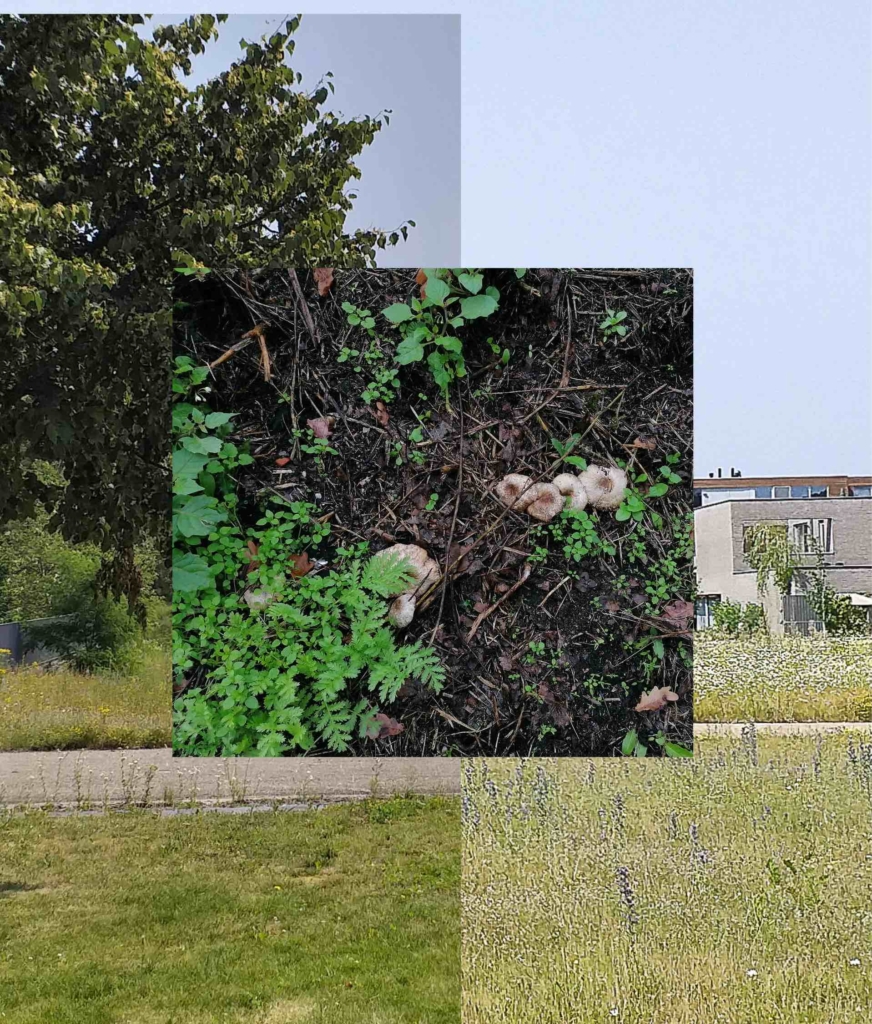
Domesticity and Hospitality
03.07.2021
Ciel Grommen, Maximiliaan Royakkers & Accattone
Domesticity and Hospitality
03.07.2021
an afternoon of talks and encounters in and about the disturbed landscape
special guests: Sophie Dars & Carlo Menon from Accattone magazine
Join us on the 3rd of July for an afternoon dedicated to the artistic and architectural practices dealing with landscape as a site of domesticity and hospitality.
This special day marks a turning point for the long-term research project Le Paysage Ménagé, initiated in 2019 by Ciel Grommen and Maximiliaan Royakkers on commission by CIAP and FLACC.
Departing from the question of how to inhabit the ‘disturbed landscape’of Winterslag, the project envisioned a series of spatial interventions, ‘furniture’ for the landscape that invite us to make new connections with and within it. Starting this summer, the heated daybed which the artist are currently constructing on the C-mine site, will become a public furniture, used by the art organisations, guests, neighbours, but also providing shelter for small animals and breeding ground for plants.
The talk is the first episode in the series of events planned on and around the heated daybed, and bringing together its different users.
PROGRAMME
- 3.00-3.30 PM Artist talk with Ciel Grommen and Maximiliaan Royakkers
- 3.45-4.15 PM Talk with Sophie Dars & Carlo Menon from Accattone
- 4.30-5.00 PM Q&A on and around the heated daybed
- 3.00-6.00 PM Launch of the edition Verwarmde aarde, verstoorde grond by Grommen & Royakkers
The afternoon starts with a talk by the two artists behind Le Paysage Ménagé — Ciel Grommen and Maximiliaan Royakkers, who will take us on a visual journey through their research, going back to the concepts underpinning the project. Making their way through their archive, the artists will talk about their experience of working with ‘disturbed landscapes’, about ‘furnishing’ instead of ‘developing’, and they will share amazing stories they ‘unearthed’ in the course of the project. It is a moment of reflection on the values and ambitions from which Le Paysage Ménagé originated, and at the same time, an opportunity to open the project up and re-embed it in a broader context.
This is where the presentation by Sophie Dars & Carlo Menon, the editors of Accattone magazine, comes in. Sophie and Carlo will share some insight into the making of the magazine — or, as they call it, ‘an exhibition on paper’— and they will zoom in on a few specific practices featured in the latest, 7th issue, deal with open-air domesticity and the diplomatic hospitality of land.
Following the two presentations, all guests are invited to join the artists and the editors for an informal Q&A moment on and around the platform. This moment will also mark the official launch of the edition Verwarmde aarde, verstoorde grond developed by Ciel and Max in collaboration with CIAP.
PRACTICAL
Both presentations will take place at C-mine (specific location TBC) and the Q&A will take place at the heated daybed, on the C-mine site (see the map).
Throughout the entire afternoon, the edition, the 7th issue of Accattone magazine and other related publications will be displayed and distributed at the CIAP stand at the daybed.
SPEAKERS
Ciel Grommen (°1989, Sint-Truiden) and Maximiliaan Royakkers (°1988, Hasselt) are a duo of artists/architects, whose work on the threshold of artistic research, education and spatial design questions present social, political and ecological dynamics. Often taking complex social contexts anddisturbed landscapes as a starting point, Grommen and Royakkers develop their projects through extensive fieldwork, spatial interventions, and other interactive, participatory formats. Their role as spatial practitioners involves weaving of new narratives into spaces and testing out alternative ways of living-together, inhabiting, and relating to our environments.
Accattone explores minor practices in art and architecture through the specific means of the printed magazine. As an exhibition on paper, each issue is a montage of contributions whose shared positions towards reality, history and representation resonate with one another. A-periodical, self-published and non-subsidized, Accattone was launched in 2014 by two architects (Sophie Dars & Carlo Menon) and two graphic designers (Ismaël Bennani & Orfée Grandhomme), joined in 2019 by architect Galaad Van Daele.
Contributors to Accattone #7 (May 2021): Costantino Nivola, SNCDA et al. at the Venice Architecture Biennale, Aglaia Konrad, Alice Paris on De Smet Vermeulen, Osamu Ishiyama and Kenji Kawai, TEN, Wim Cuyvers, moilesautresart, DSCTHK, Piovenefabi, Emmanuelle Chiappone Piriou on Superstudio, Carlo Goncalves on Smiljan Radic, The Museum of Mistakes on Arakawa & Gins, and Zuber panoramic wallpapers.
This is the first in the series of events planned on and around the heated daybed, a public sculpture created by Ciel Grommen and Maximiliaan Royakkers within the scope of the project Le Paysage Ménagé.
The project has been realised in co-production with FLACC — workplace for visual artists, and with the support of the Flemish Community, the City of Genk, and CIAP members. Le Paysage Ménagé is part of ELEMENTS — a collaboration between art and cultural institutions in Dutch Limburg, Belgian Limburg and Liège and North Rhine-Westphalia.
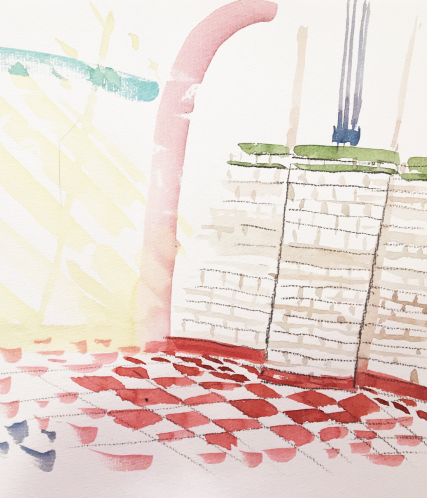
Temporalities of the studio
08.11.2020
Luca Vanello & Sina Hensel
Temporalities of the studio
08.11.2020
Artist talk
Through their practices, Sina Hensel and Luca Vanello explore the artwork as a process, an ongoing event rather than a finished object. During the talk, they will discuss how the mutability and various temporalities of the materials they use affect their artworks.
Both Sina Hensel and Luca Vanello participate in the exhibition ‘Petrichor’ at CIAP Kunstverein, curated by Lucie Ménard.
Named after the earthy scent emanating from dry soil during summer rain, Petrichor echoes the fleeting nature of the artistic practices presented in the exhibition. What if artworks were envisioned as continuously changing processes, appearing and disappearing in the exhibition space like meteorological phenomena?
Crystallising or distorting memories, accelerating or slowing down the materials’ lifecycle, the invited artists explore different strategies of dealing with time that both surrounds and composes us.
The speakers:
Sina Hensel (°1986, Mainz) shares her studio with various species of plants, algae and other organisms that partake in her creative process. The acts of researching, nurturing, and harvesting are all embedded in the layers of her paintings which, just like the natural pigments she uses, alter with time and changing atmospheric conditions. Hensel received her MA from the Academy of Fine Arts in Hamburg (2013) and in 2019-2020 she was a resident at the Higher Institute for Fine Arts (HISK), Ghent. She is currently holding a research/teaching position at the Chair of Visuals Art in Architecture Department at RWTH Aachen University.
Luca Vanello (°1986, Trieste) combines perishable and organic materials with durable, synthetic ones to create his hybrid objects. Playing with various ways to alter the life cycles of the materials, he creates sculptures that seem to be frozen in time, neither developing nor deteriorating, and in doing so, he highlights the vulnerability and circularity of all living organisms.
Vanello graduated with MFA from Slade School of Fine Arts, London (2015). He is a 2020 laureate of HISK, Ghent.
Lucie Ménard (°1987, Caen) is an independent curator living in Lille. She is a 2019 alumna of the international post-graduate program Curatorial Studies at KASK School of Arts, Ghent. Since 2012, she has worked as the head of education programmes at Le Fresnoy — Studio national des arts contemporains in Tourcoing. She is one of the co-founders of moss, a cross-border collective for curatorial projects founded in 2020 in Ghent with Lieselotte Egtberts, Elisa Maupas and Anna Stoppa.
She’s the laureate of the 2019 edition of ‘Lichen’, a prize for emerging curators, established by CIAP platform for contemporary art and the department of Curatorial Studies at KASK School of Arts to foster and support curatorial experimentation in Belgium.
Related projects
Related Projects
Petrichor
13.09–08.11.2020




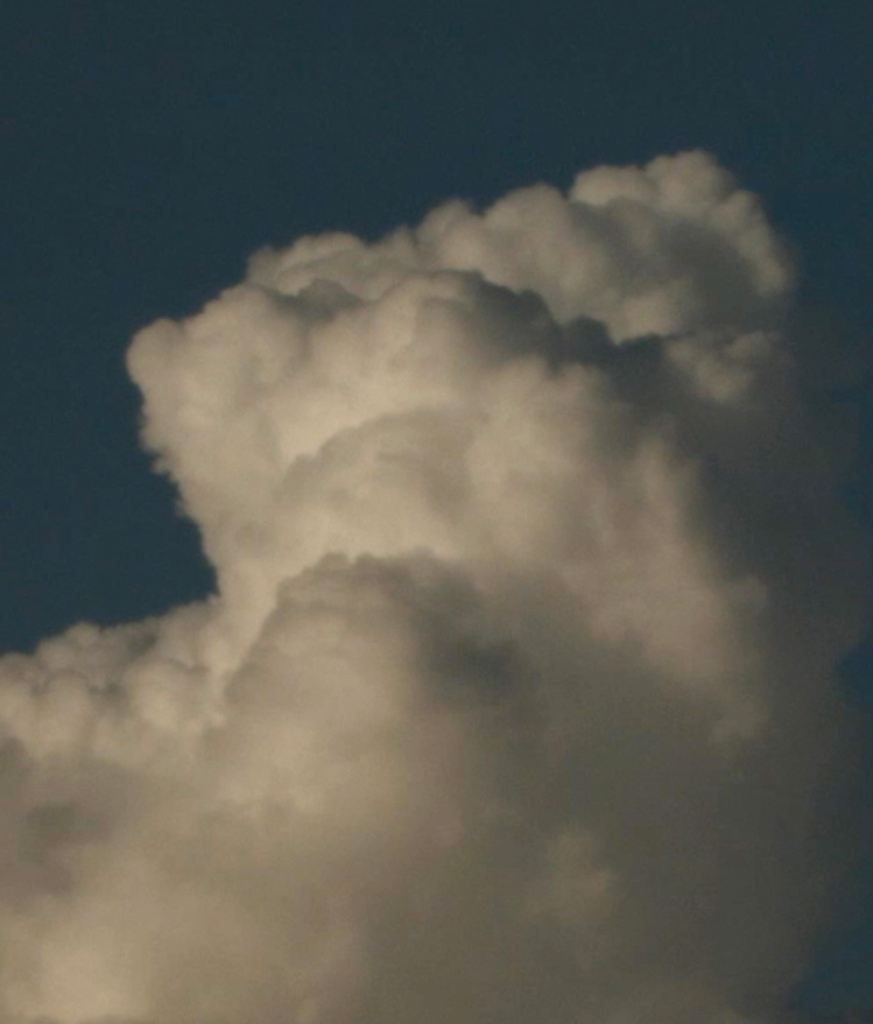
Book launch & talk
31.03.2021
Sasha Litvintseva & Beny Wagner
Book launch & talk
31.03.2021
The publication All Thoughts Fly: Monster, Taxonomy, Film by Sasha Litvintseva & Beny Wagner is a continuation of a multimedia project that began with the film A Demonstration.
The book launch coincides with the closing of Litvintseva’s & Wagner’s exhibition A Demonstration at CIAP. During the event, the artists will speak with curator and writer Niekolaas Johannes Lekkerkerk about the book and their research.
The talk will be live-streamed on our website, on Wednesday the 31st of March. We start at 7pm. This event is held in English.
All Thoughts Fly: Monster, Taxonomy, Film is a narrative assemblage of prose and image. At once historical, theoretical and personal, the book continues the authors’ inquiry into the curious presence of taxonomies of monsters at the heart of Early Modern European science. The word ‘monster’ comes from the Latin ‘monstrare’, meaning ‘to show’, ‘to demonstrate’, ‘to reveal’. Picking up on this etymology, the authors explore monsters as prisms for modes of seeing and deciphering the natural world. When treated as perceptual apparatus, the monster also becomes a means of probing the medium of film and its relationship to indexicality, chance, corporeality, and metamorphosis.
This book extends a multimedia project the authors began with their film A Demonstration (2020). The film’s underlying modular formal structure is here reconfigured and brought into new relations specific to the book as a medium.
The book is designed by Christophe Clarijs, co-produced by CIAP, and published by Sonic Acts – an interdisciplinary art organisation based in Amsterdam.
Related projects
